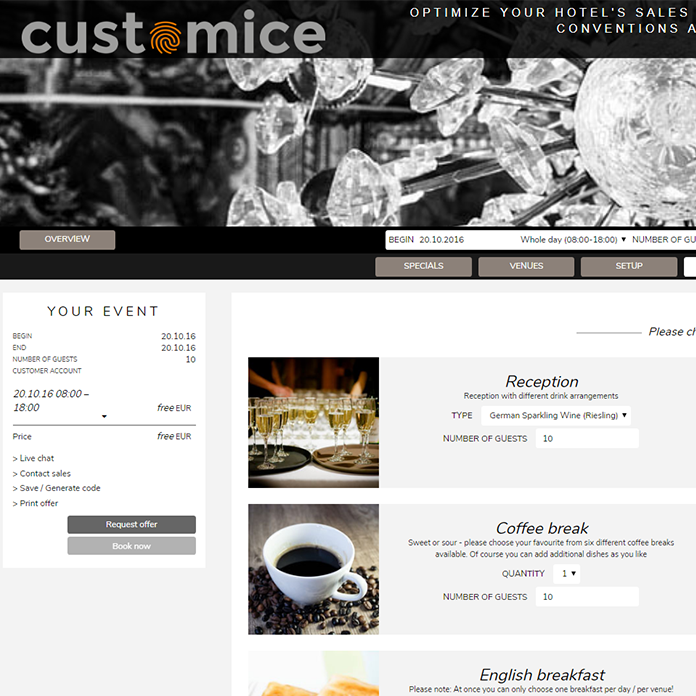mobile apps | Native | Hybrid | Android | iOS | PWAs | Flutter
App development is the process of creating software applications for mobile devices such as smartphones and tablets. Some popular frameworks and technologies for app development are:
Native development frameworks: These are frameworks that have been developed specifically for a particular mobile platform such as iOS or Android. Native development frameworks provide the tools and APIs needed to build apps that are optimized for the platform and can leverage its features and capabilities. Examples of native development frameworks include Swift and Xcode for iOS, and Java and Android Studio for Android.
Hybrid or cross-platform development frameworks: These are frameworks that allow developers to use a single code base to create applications that can run on multiple platforms. This saves time and effort compared to developing separate applications for each platform. Examples of cross-platform development frameworks include Cordova, React Native, Flutter, and Xamarin.
App store platforms: These are platforms that provide a marketplace for the distribution and sale of mobile apps. The two main app store platforms are the Apple App Store for iOS apps and the Google Play Store for Android apps.
App testing tools: These are tools that developers can use to test their apps for functionality, performance, and other quality attributes. Examples of app testing tools include simulators and emulators that allow developers to test their apps on different devices and platforms, and performance testing tools that help identify and diagnose performance bottlenecks.
Overall, these frameworks and technologies provide the tools and infrastructure needed to develop and deploy mobile applications.
The experts at BITS have developed apps, used the development methods as well as related technologies in a variety of projects. A selection of case studies and references can be found below.
“We are happy to support you with your digital challenges and look forward to hearing from you without obligation.”
Marc Schallehn, Managing Director BITS GmbH

Gerne unterstützen wir Sie bei Ihren IT Projekten. Ich freue mich über Ihre Kontaktaufnahme.
Selection of case studies and references
Software development
Software development The perfect solution for your requirements - customized software from BITS In a digitalized world, it is crucial to use software solutions that are not only powerful, but also precisely tailored [...]
Integration of GPT-4 (ChatGPT) via OpenAI API into an enterprise travel application for automated curated content generation.
The goal of this project was to streamline the process of creating personalized recommendations for places and experiences through the use of artificial intelligence (AI) by integrating features of GPT-4 (ChatGPT) into an enterprise web app via the OpenAI API.
Development of a web application and a mobile app to improve breast cancer patient follow-up.
Together with Apps in Medicine GmbH, AOK Bayern, DAK Gesundheit and Siemens Betriebskrankenkasse (SBK), under the direction of the Klinikum rechts der Isar of the Technical University of Munich (MRI), BITS participated in the PRISMA study as a consortium partner for the technical infrastructure.
Establishment and operation of a European trading platform for pharmaceuticals
Together with arex PHARMA GmbH, a specialist in the international trade and distribution of European pharmaceuticals, BITS GmbH has established the EU-wide trading platform Rxchange for pharmaceutical products as a strategic IT partner.
Digitization of a nationwide medical survey in the health sector
Digitization of a physical medical study using a course-based online platform with integrated video conferencing software and strict data protection requirements.
Development and operation of the DACH wide Internet e-commerce platform www.getraenkedienst.com
Together with drink now GmbH, a specialist in beverage sales, BITS GmbH has set up and operates the Internet e-commerce platform www.getraenkedienst.com as a strategic IT partner successful to this day.
Realization of MVPs
BITS has realized a large number of MVPs, prototypes or proof of conctepts. The central goal here is to test a new idea, an alternative orientation or an improvement with the least possible effort and, if successful, to expand it further.
Development of SEO optimized PWAs
Portal applications are implemented by us as high-performance, SEO optimized Progressive Web Applications (PWA) with ServiceWorker integration and Server Side Rendering (SSR) from a Universal Server. PWA is the state-of-the-art standard for modern, device-independent web applications that can be permanently installed on the client and have the same user experience as device-specific native applications.









